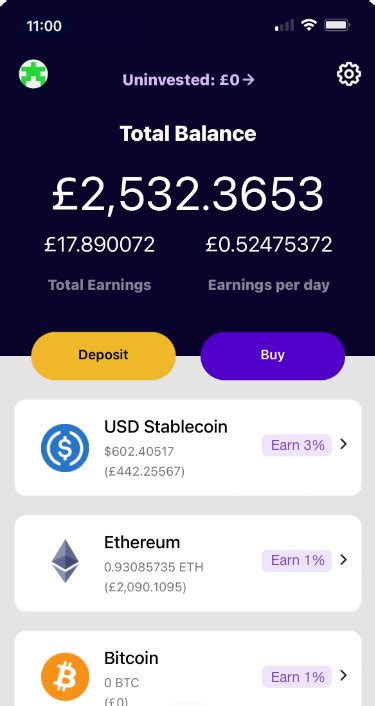- سبدخرید خالی است.
- ادامه خرید
Ethereum: Does Bitcoin have inherent value if you can fork the project and create a new cryptocurrency easily?
The Inherent Value of Ethereum: Is Bitcoin Forking Enough?
In recent years, many new cryptocurrencies have emerged, each with their own unique features and goals. However, many enthusiasts wonder whether these alternative projects are truly worth their time and attention. One question that has sparked debate among cryptocurrency enthusiasts is whether a successful fork of the existing blockchain network can establish inherent value in itself.
What Makes Bitcoin Special?
Bitcoin (BTC) is widely considered the first and most important cryptocurrency. Its creation by Satoshi Nakamoto, a mysterious individual or group, marked the beginning of the digital currency landscape. What sets Bitcoin apart from other cryptocurrencies is its decentralized and open-source design, which allows for peer-to-peer transactions without the need for intermediaries.
The Problem with Easy Forks
While it may seem practical to fork Bitcoin and create a new cryptocurrency with similar goals, there are several drawbacks to this approach. With over 5,000 alternative projects emerging, some of which claim to have significant value and use cases, the market is becoming increasingly saturated. This can lead to a situation where any project can gain traction simply by changing its fundamental design.
The Case for a Limited Supply

One of the arguments for a limited supply of Bitcoin is its scarcity. As the largest cryptocurrency by market cap, Bitcoin has a fixed supply of 21 million coins, meaning that each new coin created through a fork must have significantly more value than the previous one to justify its creation. This inherent value, often referred to as “scarcity-based” value, can create an upward trend in the price of any successful fork.
Why Ethereum’s Limitations Are Less Relevant
Ethereum (ETH) was built from the ground up, with a focus on scalability, smart contract functionality, and decentralized application development. While it’s true that ETH’s algorithms have been tweaked many times since its inception, that doesn’t necessarily mean the project has lost its value.
The Difference Between Bitcoin and Ethereum as Cryptocurrencies
Bitcoin is primarily an asset class, while Ethereum is a platform for building various applications. The former is intended to be used as a store of value, medium of exchange, or unit of account, while the latter is designed for decentralized finance (DeFi), non-fungible tokens (NFTs), gaming, and other use cases.
Why Bitcoin Has Intrinsic Value
Despite the many forks and alternative projects that have emerged in recent years, Bitcoin still has a number of characteristics that make it valuable:
- Established Market
: Bitcoin has been traded for over 10 years, establishing a well-defined market with liquidity and institutional support.
- Regulatory Framework: The U.S. Securities and Exchange Commission (SEC) has approved several Bitcoin-related projects, providing a regulatory environment that can help mitigate the risks associated with investing.
- Network Effects: As more people adopt Bitcoin as a store of value or unit of account, the value of the network will increase due to increased demand for its services.
Conclusion
While it is true that creating a new cryptocurrency through a fork can establish inherent value in itself, this approach has significant limitations. In contrast, Ethereum offers a more diverse set of use cases, scalability improvements, and regulatory clarity that can help establish value in the market.
As investors continue to evaluate their options among different cryptocurrencies, it is essential to consider not only the fundamental design of the project, but also its potential for long-term growth, adoption, and institutional support.
